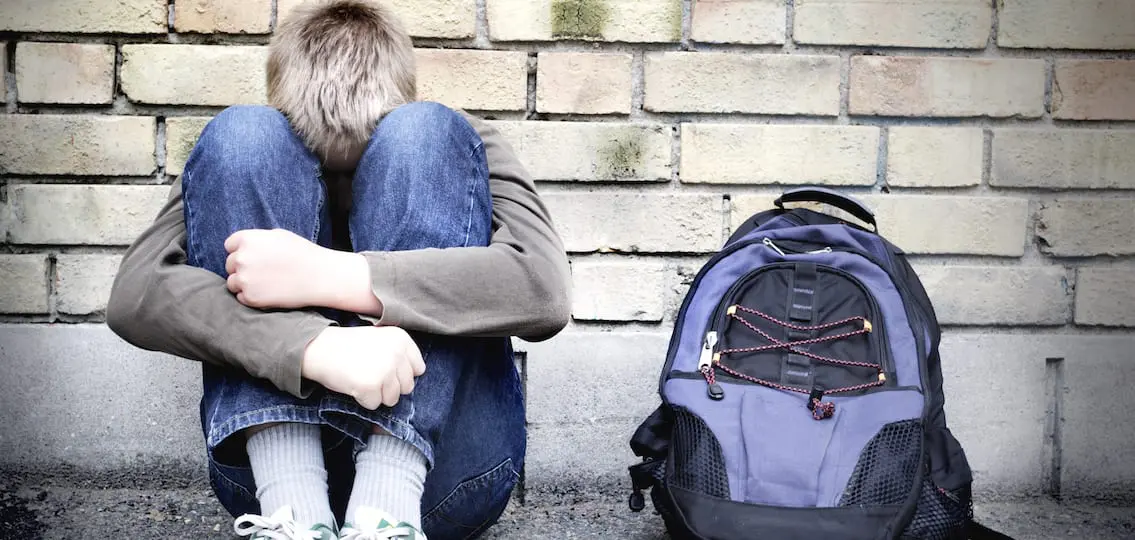Dear Your Teen,
How can I help my smart kid who is being picked on and publicly humiliated for being smart? The school culture seems to be one that tolerates making fun of the kids who are academically driven.

ANSWER | Tori Cordiano, Ph.D.
Many factors contribute to a teenager’s sense of “fit” in school. Some years will feel better than others. At a minimum, all kids should feel safe, both in the physical and emotional sense of the word. And in that sense, no one should pick on or bully them regularly for being smart. We’d all like for our kids to have a great academic experience that doesn’t include any bullying situations or humiliation. Unfortunately, we have very little control over what peers do.
Even though we can’t always reduce stress for our kids, we can make sure they are well equipped to manage stress. Grit, or the ability to persevere in the face of stress and setbacks, helps kids to do this.Forging strong relationships and cultivating outside interests are two factors that help build this form of resilience.
If the school or a particular teacher is allowing bullying to occur, it may be necessary to talk with that teacher about how your child is feeling in the class. This may get to the root of where the bullying situation could be coming from and how your child responds differently in school versus out of school.
When the academic environment feels less than supportive, it helps teens to have interests and friends outside of school that do feel supportive. This can counter some of the backlash the “smart kid” may be experiencing at school. Increasingly, schools offer extracurricular opportunities for academically motivated kids. Some teens will not seek these out themselves. But they may respond to suggestions from a parent or a trusted teacher about activities that counter that “anti-academic” environment. These can be great places for smart kids to meet and feel supported by other like-minded students. And they give them opportunities to participate in something that interests them.

Finally, it helps to let your teen know that the origins of this behavior often stem from peers feeling insecure about their own academic skills. Just as there are things your son or daughter excels at naturally and things he or she has to try harder to achieve, other kids have that same experience. Sometimes they don’t respond appropriately to those feelings.




